Date: 14 August 2015
It is mainly made from natural silica sand whose SiO2 content should be more than 96%. The higher SiO2 content in silica sand, the higher temperature silica bricks resist. Its crystal structure consists of tridymite, cristobalite and a small amount of residual quartz as well as glass phase.
The refractoriness of silica brick is not quite high, about 1600-1730℃, but its melting temperature under load is very high, about 1620-1670℃, which is similar to its refractoriness and the melting temperature of tridymite. It is durable with no deformation under high temperature.
At 1450℃, there is 1.5-2.2% overall expansion which makes the joint-cutting dovetailed, thus silica bricks have good air tightness and strong structure.
Silica brick has good thermal shock resistance above 650℃, so it is mainly used in the continuous operating furnace. However, under 650℃, it has poor thermal shock resistance, so the temperature should be increased slowly during the baking process.
Silica brick has good corrosion resistance to glass liquid. It is the preferred refractory for crown construction of glass melting furnaces, in terms of cost, strength and of defect potential.
Since silica brick is sensitive to the alkali corrosion, its service life is greatly shortened in the oxygen-fuel furnaces where the crown suffers from severe alkali vapor corrosion. Fused cast AZS block and fused cast alumina block are used as alternatives to silica brick in the oxygen-fuel furnaces. However, they are expansive and heavy, which increases the cost and load of the crown. So, high quality silica brick with better corrosion resistance is developed to meet the requirement of the oxygen-fuel furnace and reduce the cost.

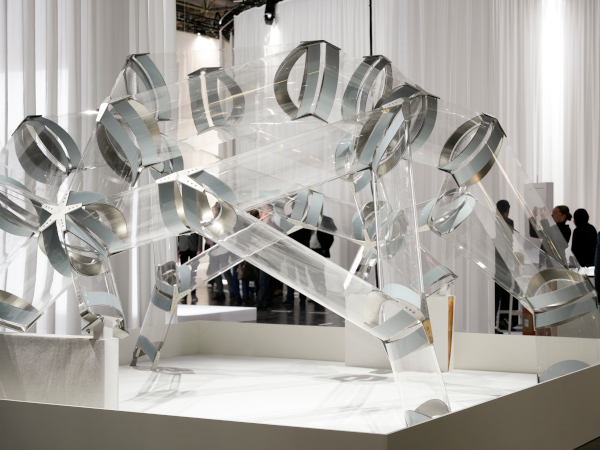

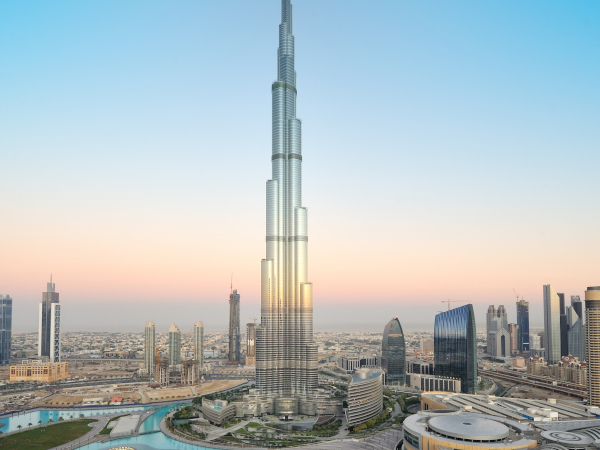
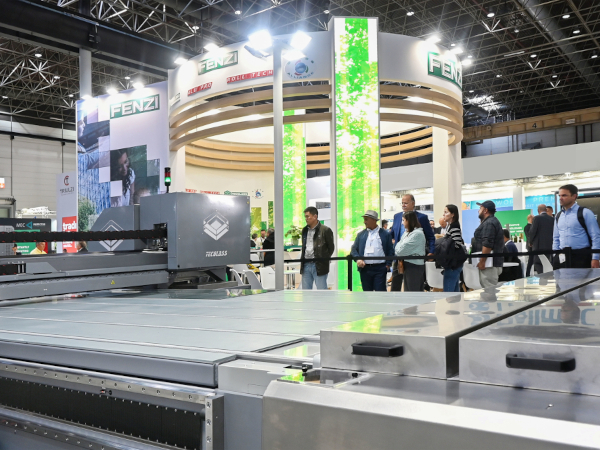
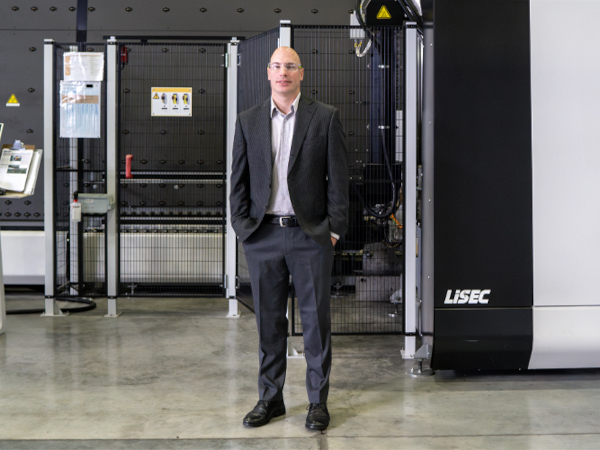

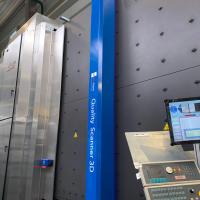
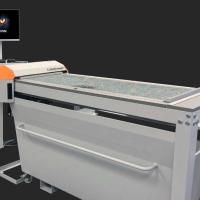
Add new comment